Community Scientists Hold the Key to Mitigating Microplastic Pollution
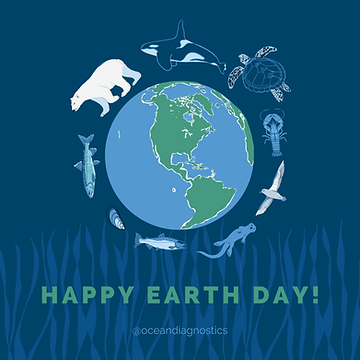
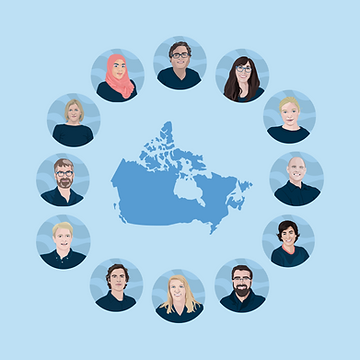
Over the past 4 months, we’ve shared knowledge from 12 microplastic experts around Canada.
We’ve learned a ton and hope you have too!
We dove into what microplastics are and why experts are concerned.
We learned how our daily activities and the Canadian climate contributes to microplastic pollution.
We established how citizens become community scientists, how environmental forensics are used to find out where microplastics in the environment come from, and how initiatives like “seabins” help stop plastic pollution at the source.
We learned that microplastics are found in Canadian farmland, in our food supply systems, in Canadian lakes and in drinking water. We saw microplastics in key species like the northern fulmar seabird and estimates of microplastics in southern resident killer whales.
The inequities of water quality in Canada were addressed and experts spoke about collaborations within industry.
Community scientists can help to provide the data we need to support science and influence change!
Here’s how...

Use the Data Trapper App to collect data on waste in your local lakes
- Dr. Chelsea Rochman

Expand the range of plastic pollution data collection by collecting and reporting on litter in your neighbourhood
- Dr. Tony Walker
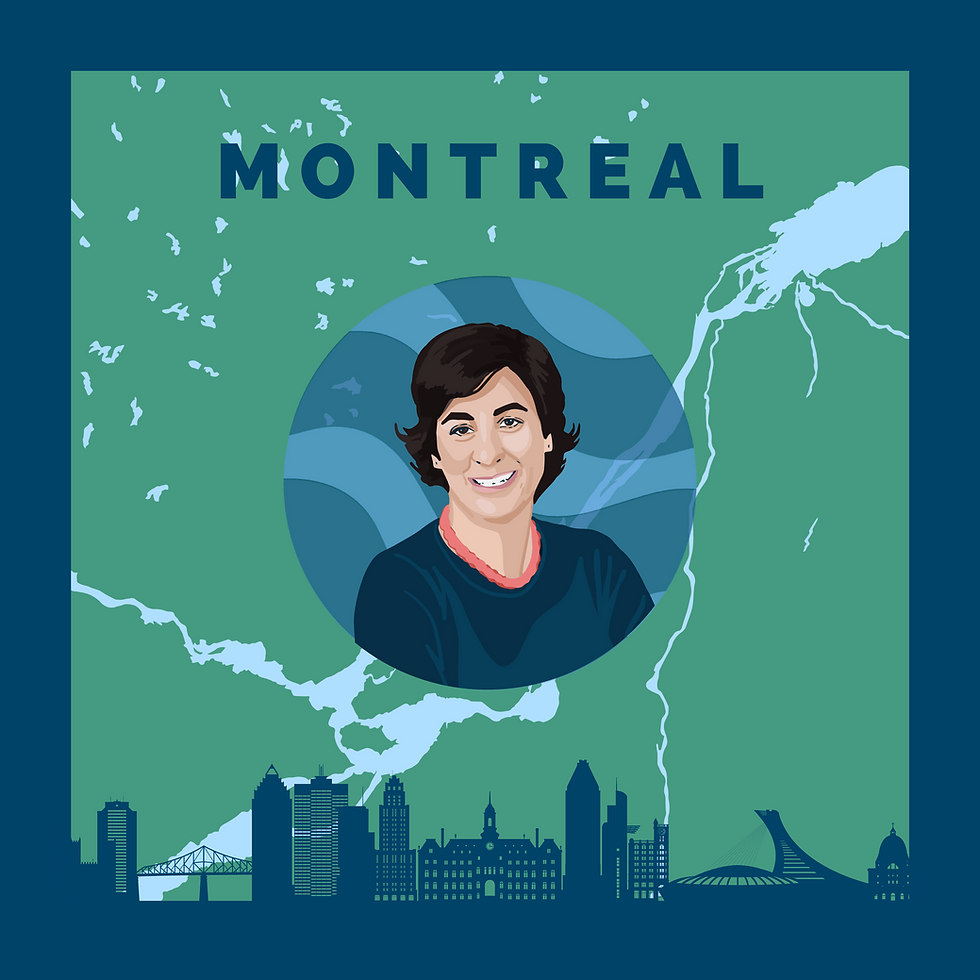
Reduce single-use plastic consumption to avoid creating more microplastics
- Prof. Natalie Tufenkji]
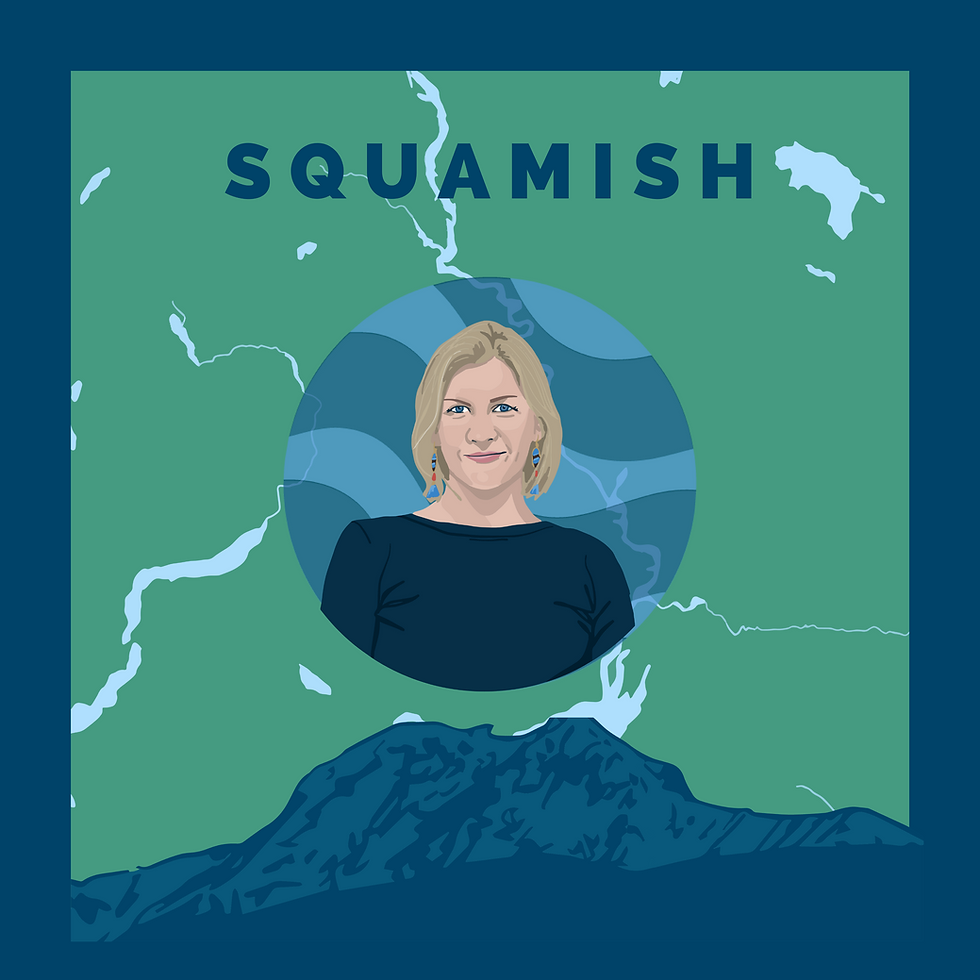
Connect personally with the problem of microplastic pollution and inspire governments to take action
- Dr. Anna Posacka
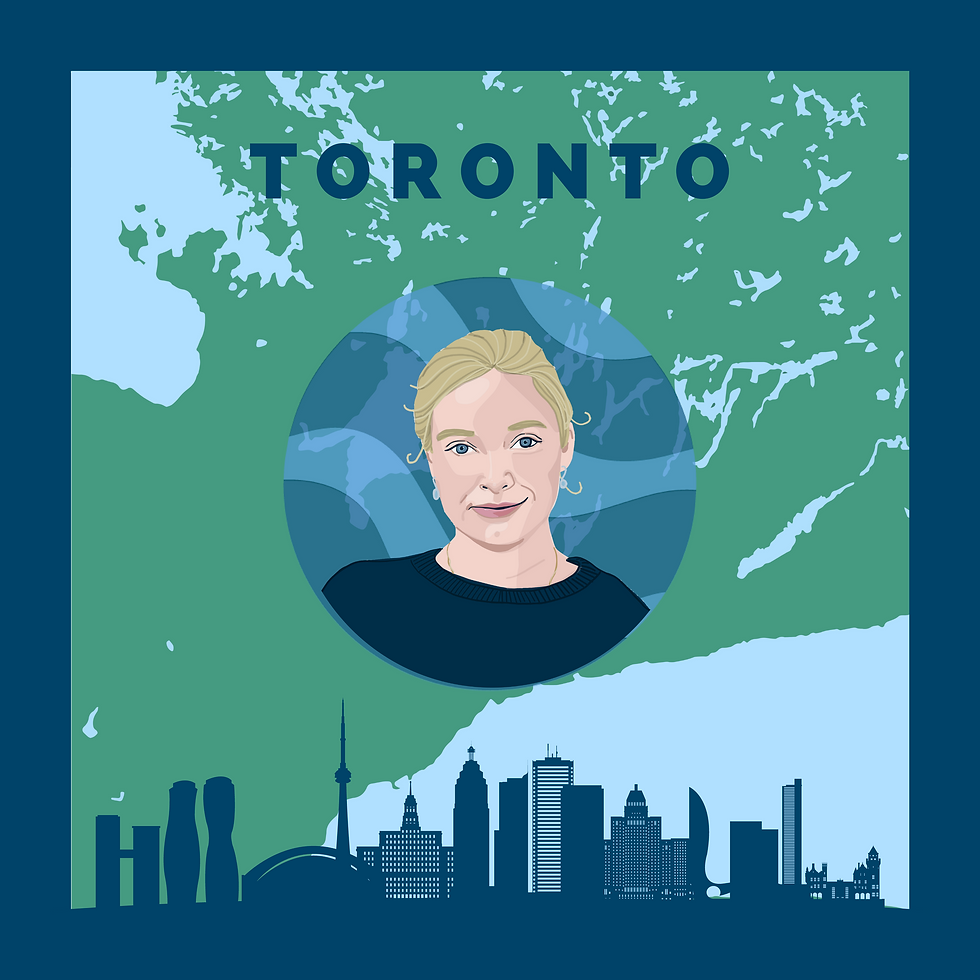
Learn how the source of microplastics is uncovered using environmental forensics
- Dr. Roxana Sühring
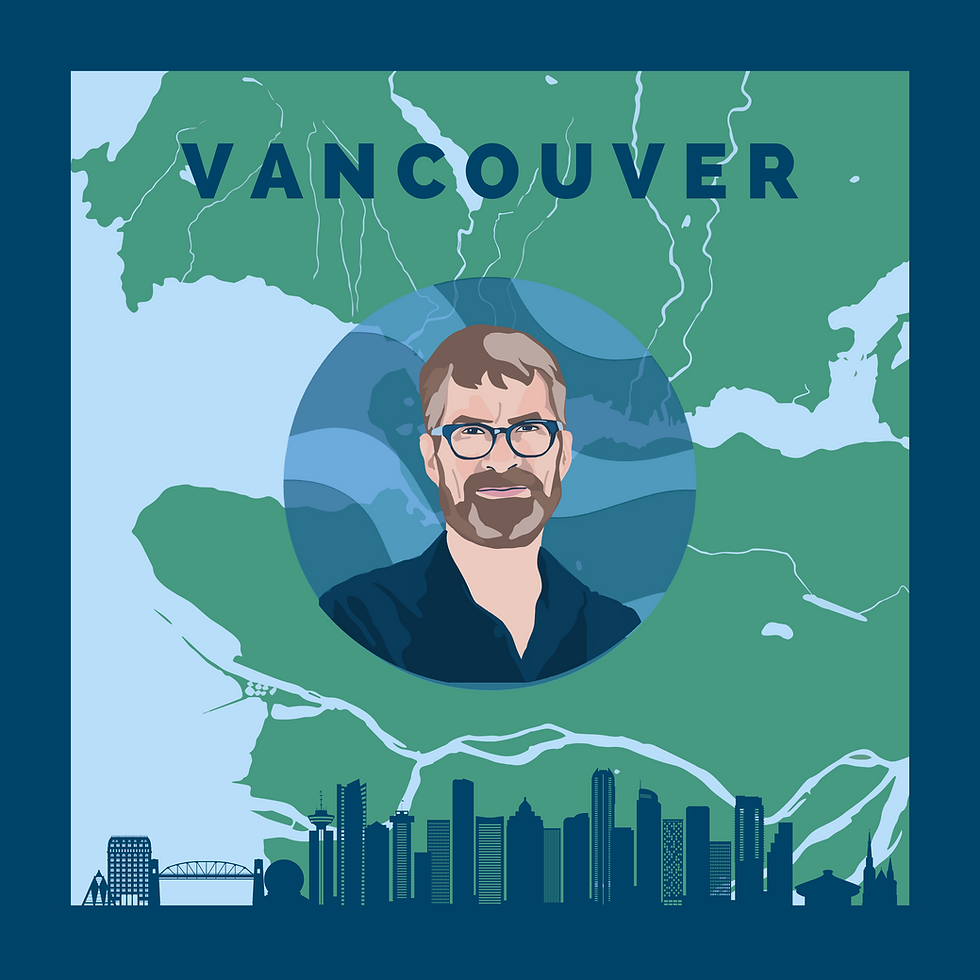
Speak to government leaders about water quality issues, especially in Indigenous regions
- Dr. Peter Ross
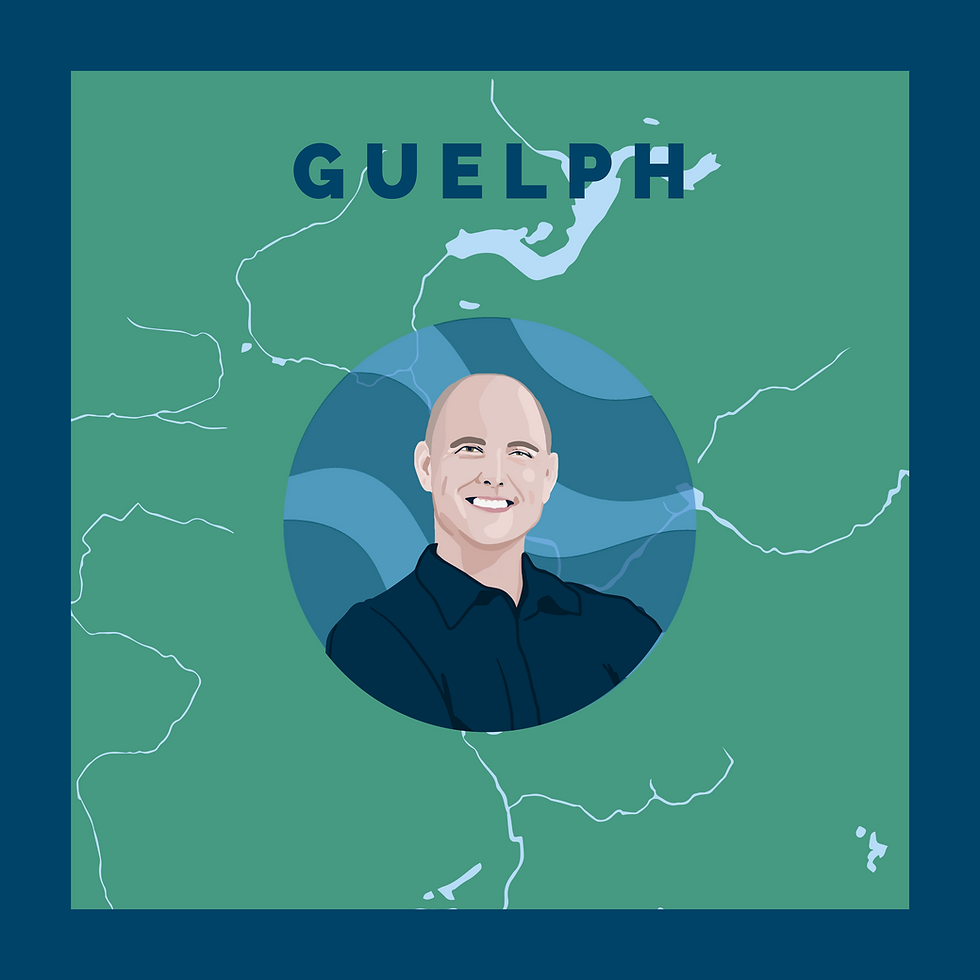
Reduce consumption of “virgin” plastics
- Dr. Ryan Prosser

Use traditional tools, like corn leaves, banana leaves, Rantangs or Indian Tiffin boxes, in place of plastic
- Dr. Tammara Soma
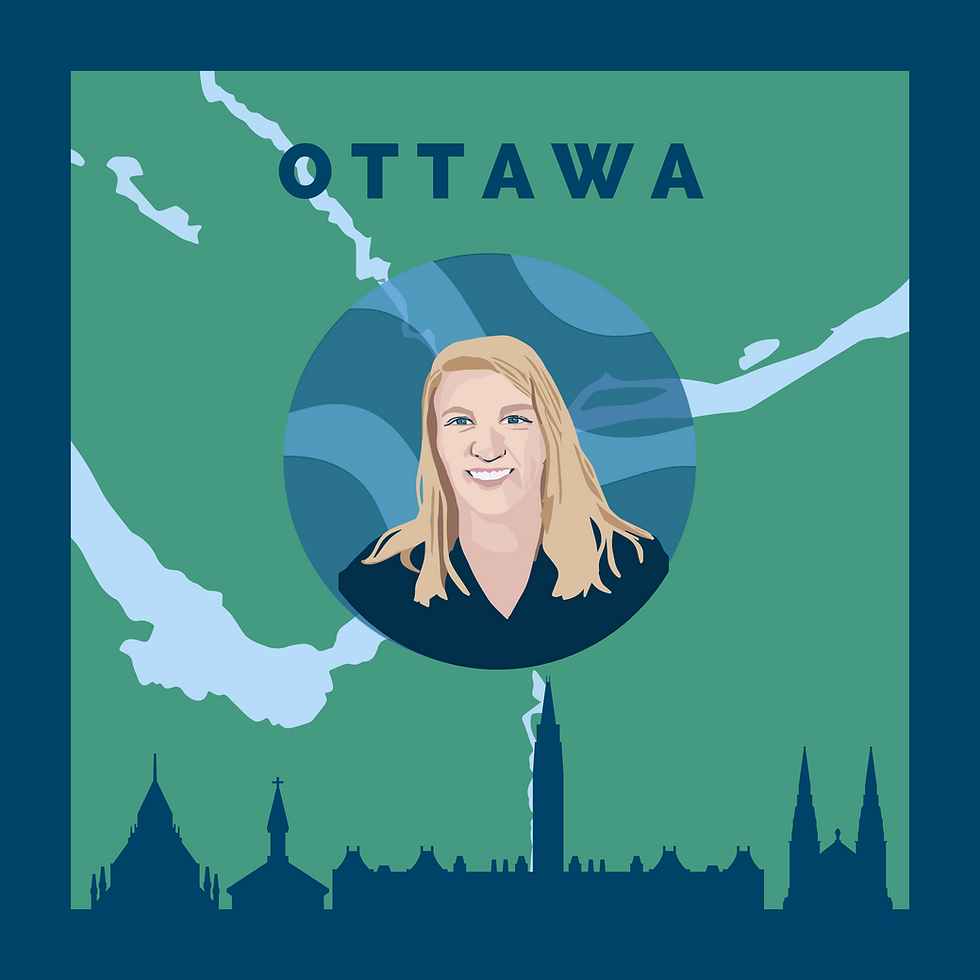
Use your purchasing power by buying items with less plastic and encourage others to do the same
- Dr. Jenn Provencher
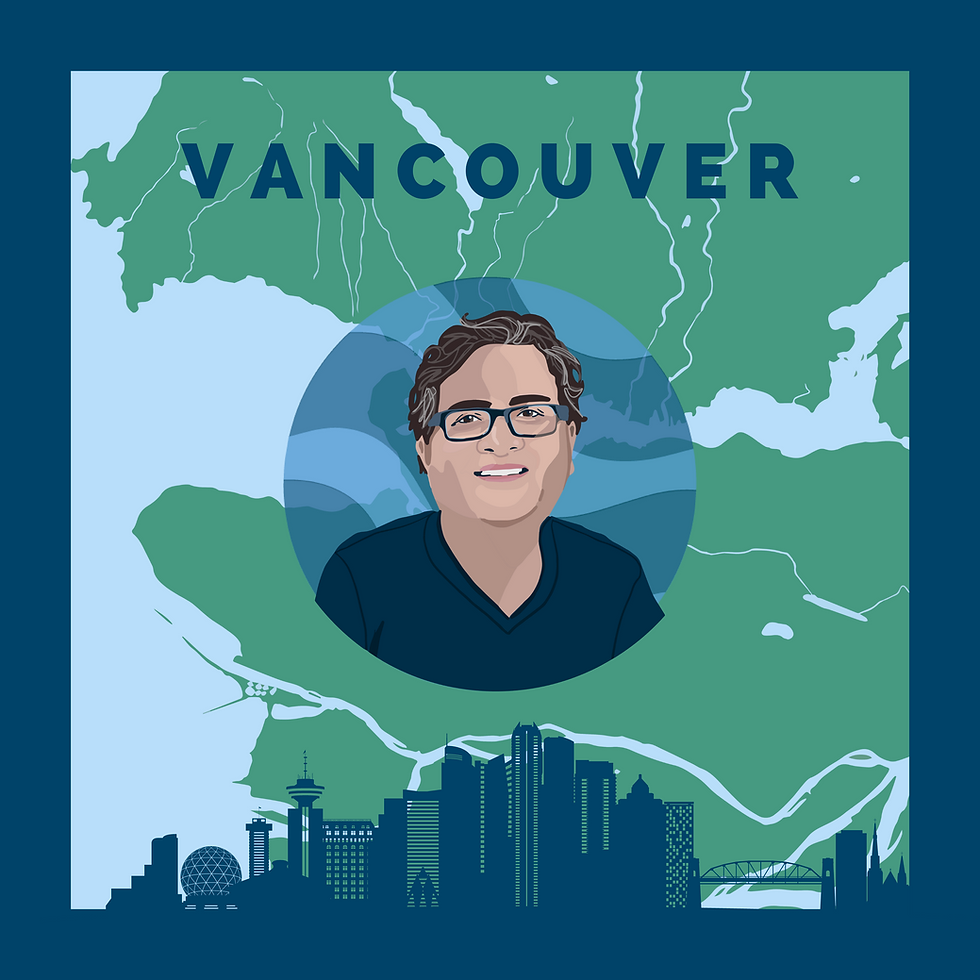
Choose fewer plastic products, and encourage government to implement legislation to move towards a circular plastics economy
- Dr. Juan José Alava
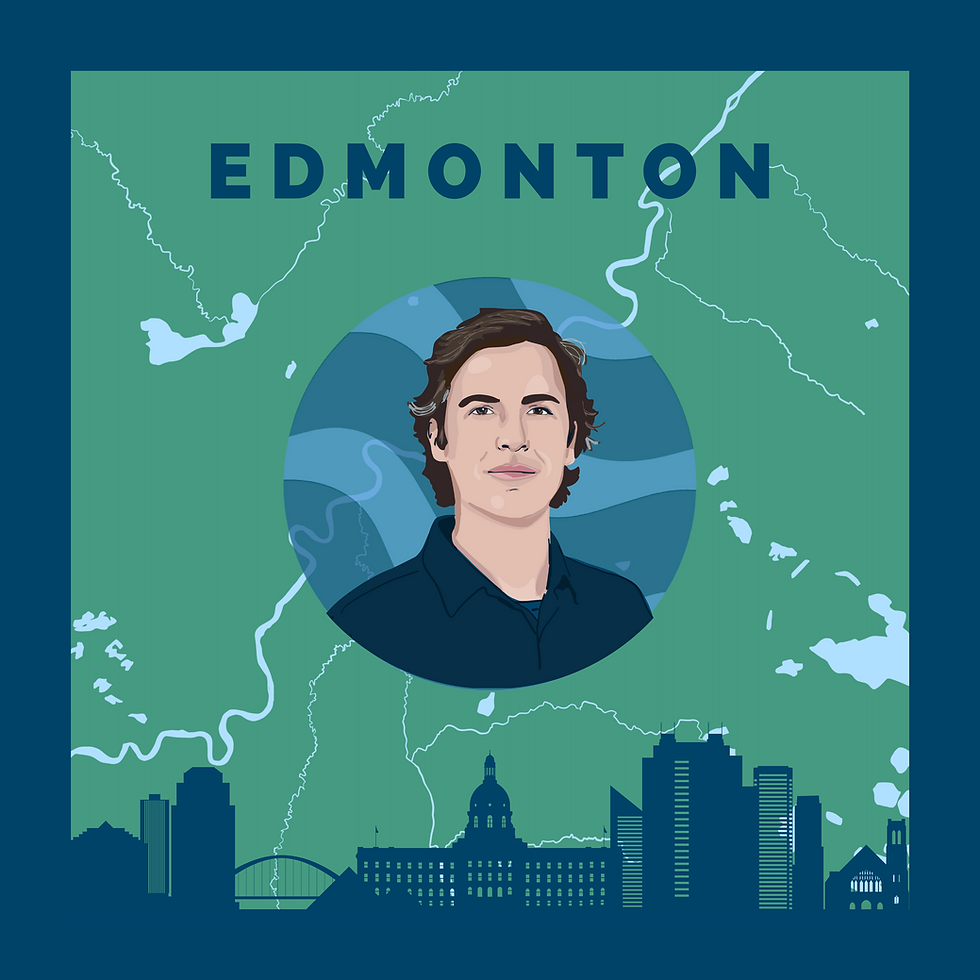
Engage with researchers and industry as a community scientist
- Dr. Paolo Mussone
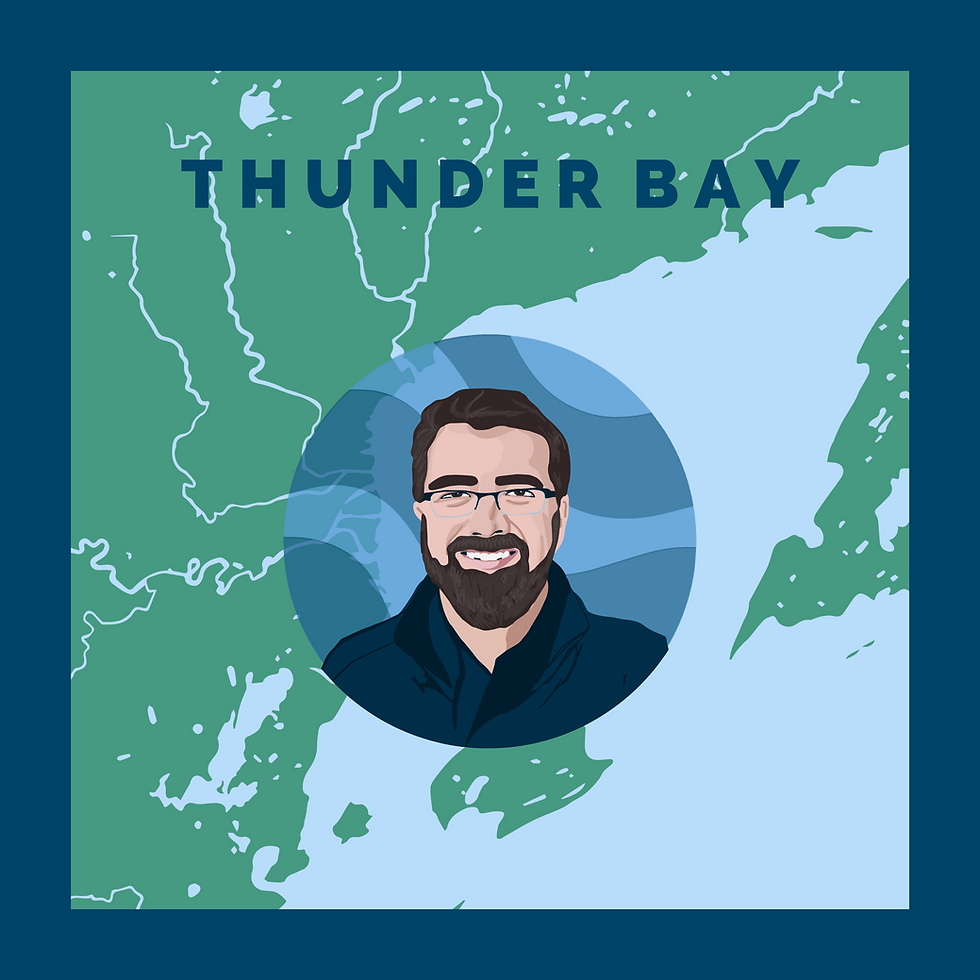
Write your MP and encourage legislation to hold companies accountable for their products’ end of life
- Dr. Michael Rennie
Start a microplastics community science project in your community or school.
Thanks to Canadian microplastics experts for the breakdown on microplastic pollution!
Together, WE can ALL make a difference to protect our future.
Share with us how you #BeatPlasticPollution and don’t forget to subscribe for more updates and tools.
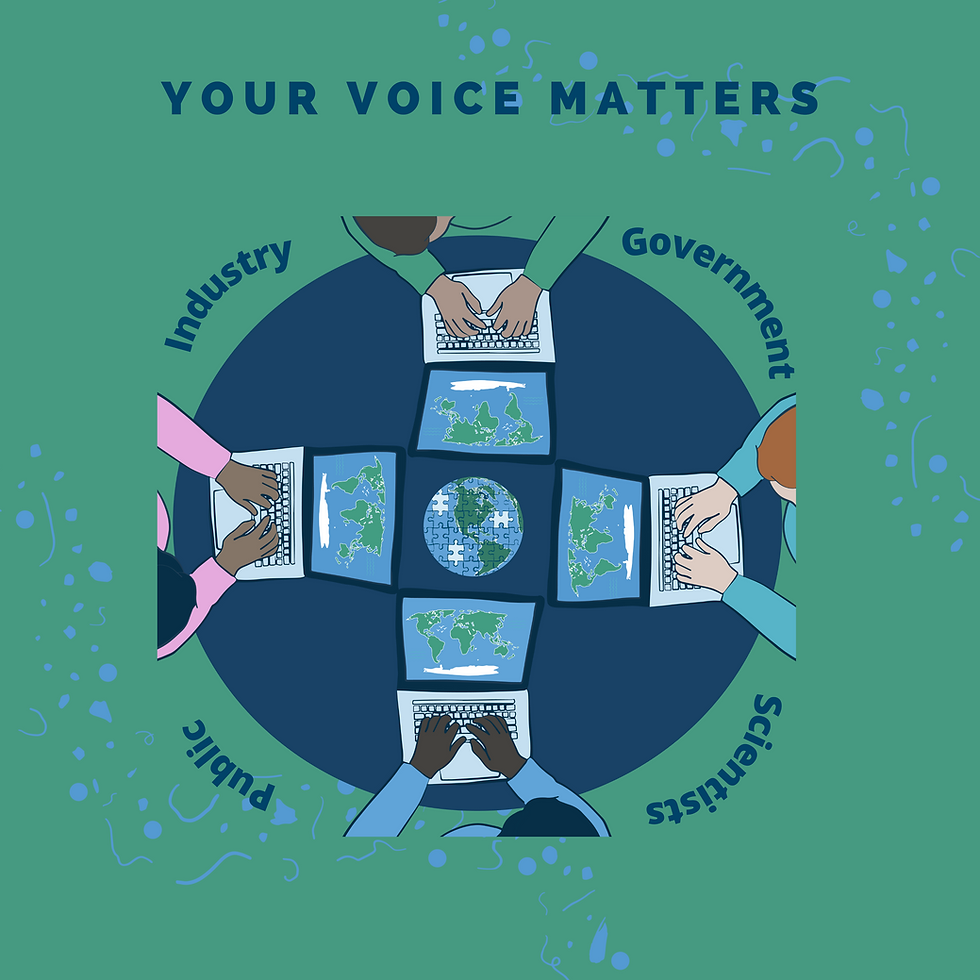
Ocean Diagnostics Inc is an environmental impact company that develops technologies and laboratory capabilities to standardize microplastics data collection and analysis. The company works closely with academic and government partners to advance microplastic science. ODI has partnered with Environment and Climate Change Canada to share information on microplastic pollution from Canadian plastic experts. Learn more here.
